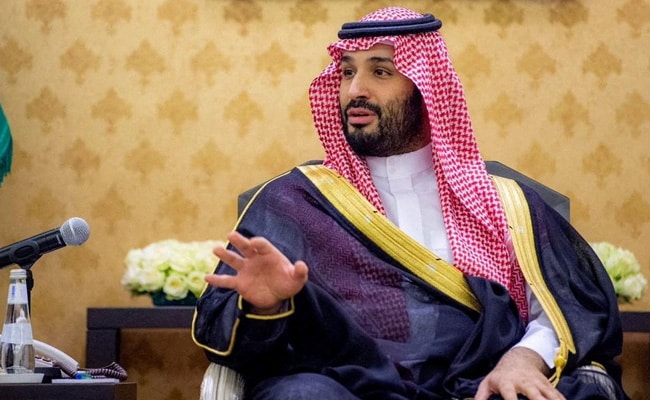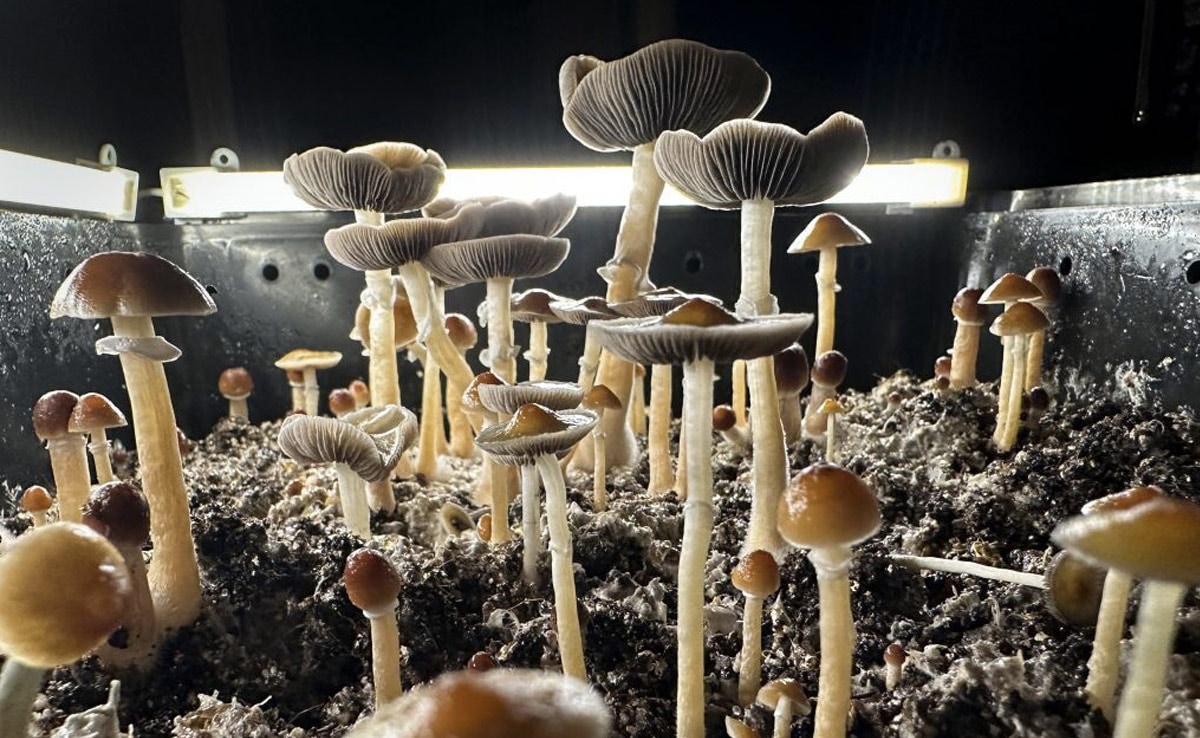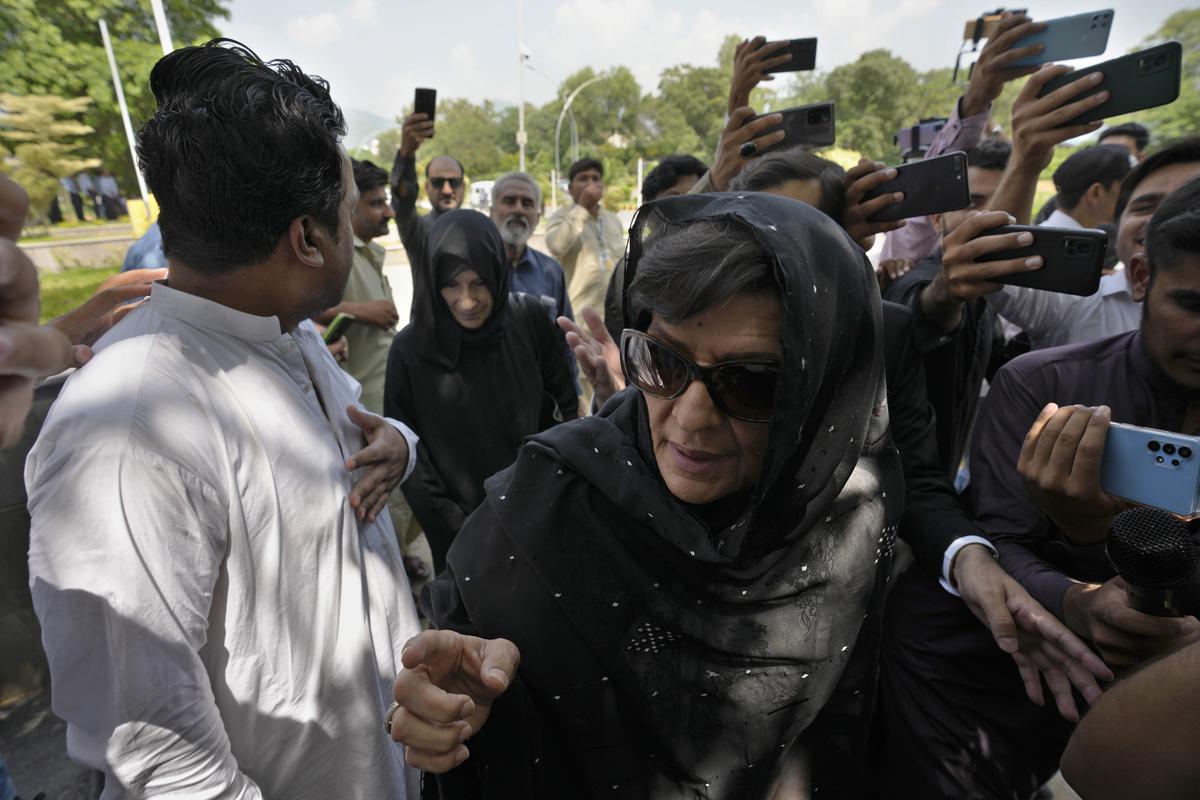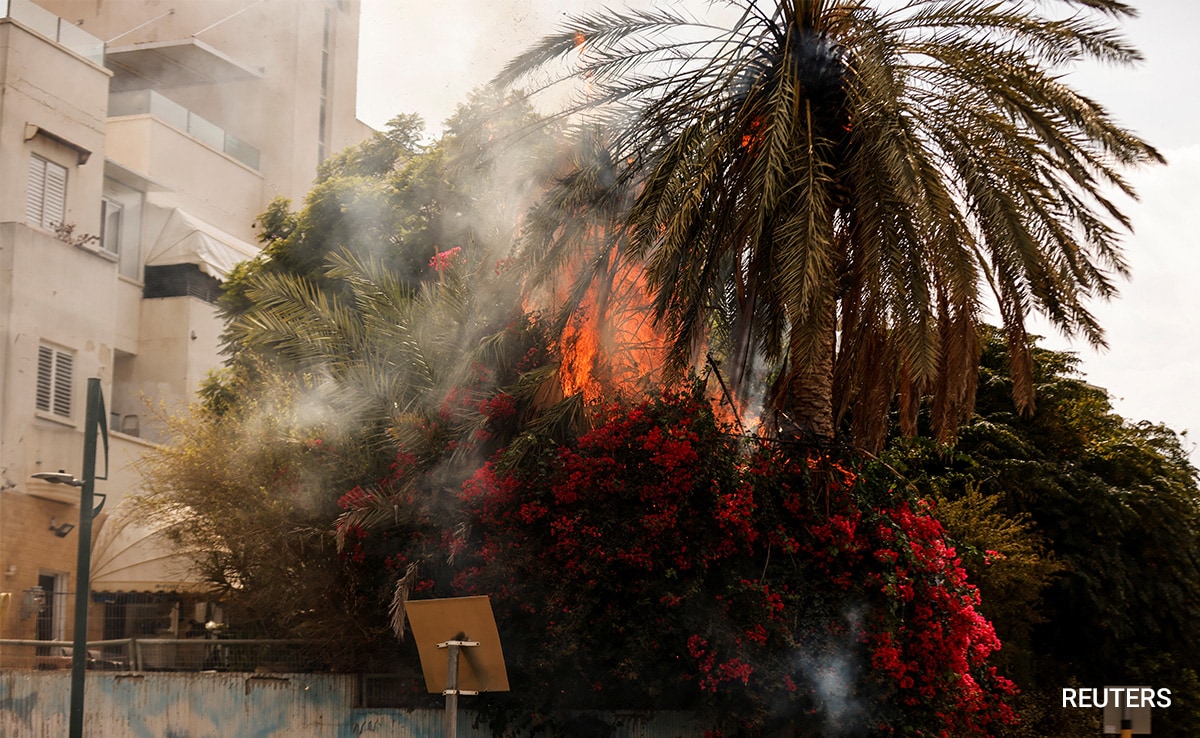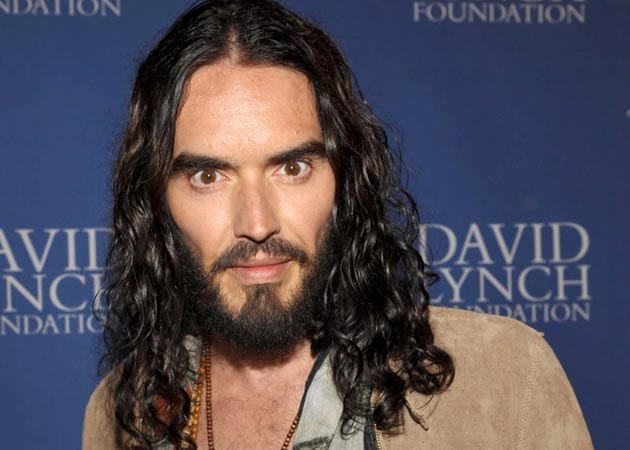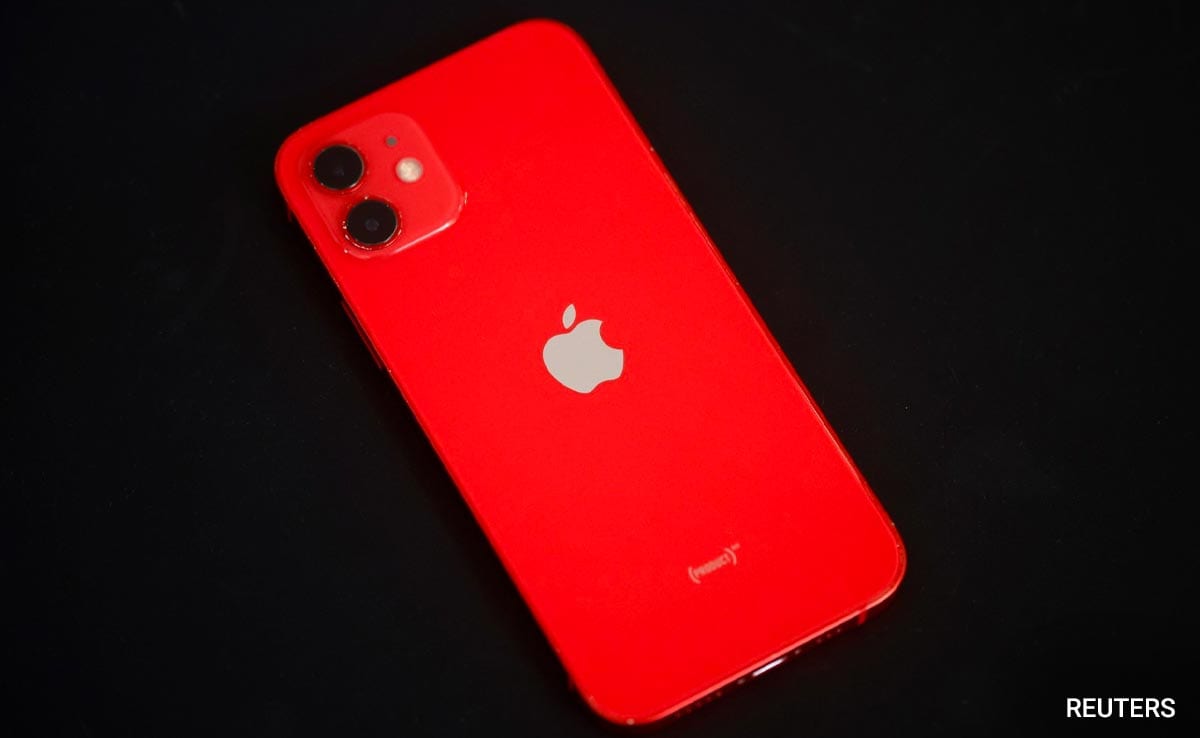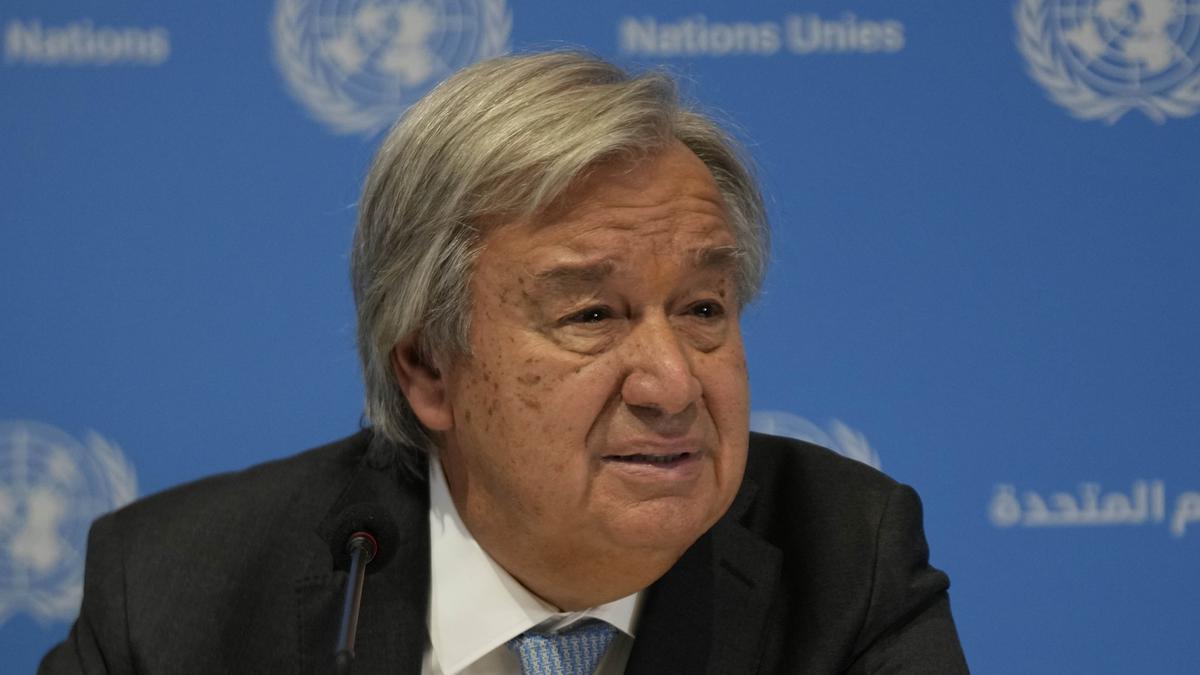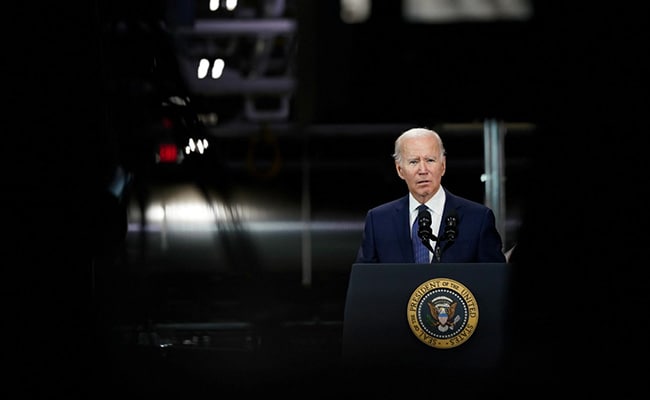The Islamabad High Court on August 29 suspended Imran Khan’s three-year sentence in the Toshakhana corruption case and ordered his release from jail, in a major relief to Pakistan’s embattled former Prime Minister ahead of the upcoming general elections.
A Division Bench comprising Islamabad High Court (IHC) Chief Justice Aamir Farooq and Justice Tariq Mehmood Jahangiri announced the much-anticipated verdict which was reserved on August 28.
“Decision of District Court [has been] suspended by IHC,” Mr. Khan’s party — Pakistan Tehreek-e-Insaf (PTI) — said in a short WhatsApp message.
The court said that a copy of the judgment will be available shortly.
“The copy of the judgment will be available shortly … all we are saying now is that [Imran’s] request has been approved,” Justice Farooq said.
Aleema Khan, front centre, and Uzma Khanum, rear centre, sisters of Pakistan’s former Prime Minister Imran Khan arrive at the Islamabad High Court in Islamabad, Pakistan on August 29, 2023.
| Photo Credit:
AP
The Bench also ordered to release the 70-year-old leader on the production of surety bonds worth Pakistani rupees 100,000.
Mr. Khan’s legal counsel Naeem Haider Panjotha posted on X, formerly Twitter: “The CJ has accepted our request, suspended the sentence and said a detailed decision would be provided later.” Mr. Khan’s sentence has been suspended but he was not being released as a special court holding his trial in the Official Secrets Act directed the Attock Jail authorities to keep him in the “judicial lockup” and produce him on August 30 before the court in connection with the cipher case.
Former Foreign Minister Shah Mahmood Qureshi is already in custody in the same case.
The case launched last week alleged that Khan and others were involved in the violation of the secret laws of the country.
The Bench reserved the verdict on August 28 after the rival lawyers concluded their arguments on the suspension of the conviction and three-year sentence handed down to Mr. Khan by Additional District and Session Judge, Islamabad, Humayun Dilawar on August 5 — a move that barred him from contesting general elections.
The former cricketer-turned-politician was sentenced on charges of unlawfully selling state gifts acquired by him and his family during his 2018-2022 tenure. He was also barred from politics for five years, preventing him from contesting an upcoming election.
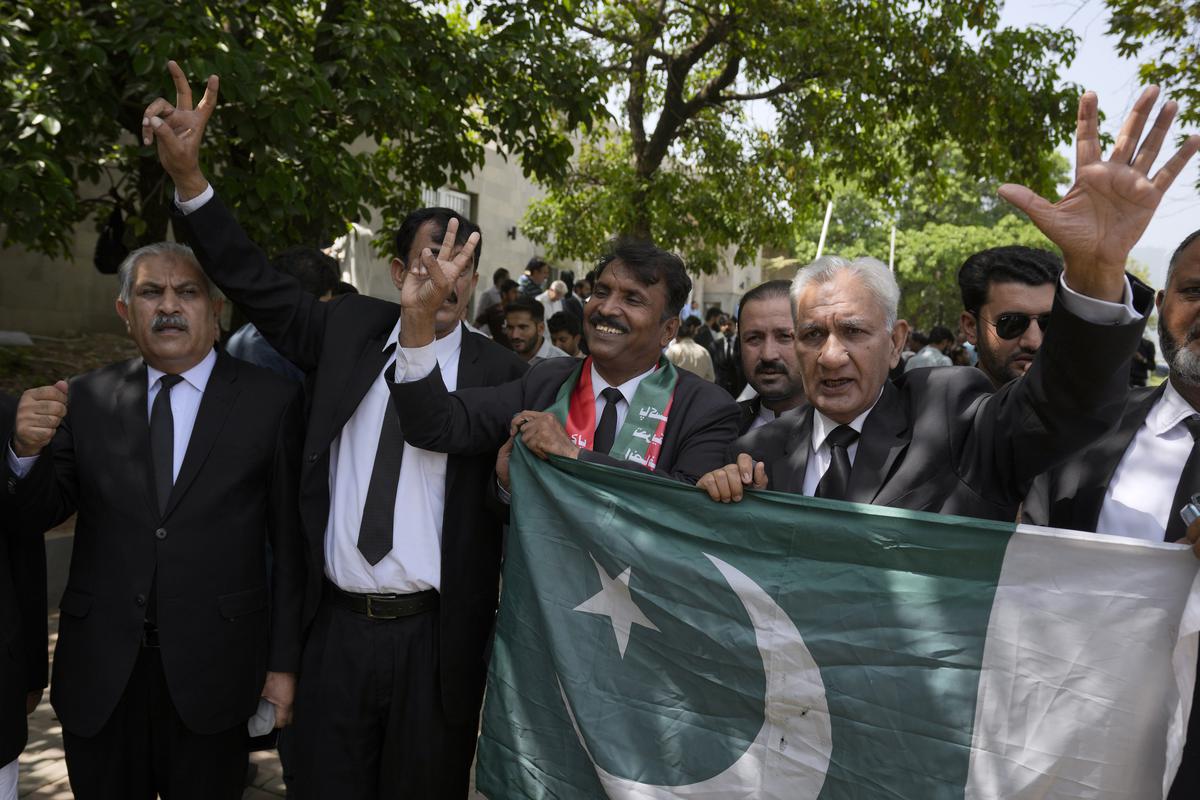
Lawyers and supporters of Pakistani imprisoned former Prime Minister Imran Khan react after court decision, in Islamabad, Pakistan on August 29, 2023.
| Photo Credit:
AP
General elections are scheduled to be held in Pakistan within 90 days after the dissolution of the National Assembly, which was prematurely dissolved on August 10 by President Arif Alvi. However, the polls are likely be delayed as the government has announced that the elections could take place only after a new census was completed and new constituency boundaries drawn.
The exercise could take about four months to complete and means that polls may be delayed till next year.
The government’s announcement had come on the same day when Mr. Khan was arrested after being sentenced to three years in prison for “corrupt practices”.
Mr. Khan challenged his conviction within days and the IHC began a formal hearing on August 22. It adjourned the case on Friday after the lawyer representing the Election Commission of Pakistan (ECP) did not appear due to illness.
Mr. Khan’s lawyer Latif Khosa completed his argument on Thursday, asserting that the verdict was given in haste and was full of shortcomings. He urged the court to set aside the sentence but the defence team demanded more time to complete its arguments.
His party welcomed the IHC verdict, with party Information Secretary Raoof Hasan saying that Mr. Khan’s arrest in any other case after the suspension of his sentence in the Toshakhana case would be “ill-intentioned and mala fide”.
We are fortunate to be witnessing the re-scripting of Pakistan’s political and legal history,” he said, adding that “justice shall prevail”.
However, former premier Shehbaz Sharif expressed its displeasure at the court’s order saying that the sentence was suspended and “not terminated”.
“The Chief Justice of Pakistan’s message of ’good to see you’ and ‘wish you good luck’ has reached the IHC,” he said, claiming that “everyone knew about the verdict before it was even announced”.
“This moment is a matter of concern for our justice system,” Mr. Shehbaz Sharif said. “If a clear message is received from the higher judiciary, what else should the subordinate court do?” Separately, a three-member Supreme Court Bench led by Chief Justice Umar Ata Bandial and comprising Justice Mazahar Ali Akbar Naqvi and Justice Jamal Khan Mandokhail is also set to resume hearing petitions against the Toshakhana case.
On Wednesday, the apex court after hearing various petitions against the Toshakhana case observed that there were “shortcomings” in the judgment of the sessions court.
The panel observed that the verdict was given in haste and without giving the right of defence to the accused. “Prima facie, there are shortcomings in the trial court verdict,” the Chief Justice said.
The apex court had also stated it would wait for the IHC hearing before giving its judgment. It resumed the hearing on Thursday but adjourned it without fixing any date after it was told that the IHC was holding a hearing.
The Toshakhana case was filed by ruling party lawmakers in 2022 in the ECP, alleging that Mr. Khan concealed the proceeds from the sale of state gifts.
The ECP first disqualified Mr. Khan and then filed a case of criminal proceedings in a sessions court which convicted him and subsequently, Khan was sent to jail.
Mr. Khan is currently in Attock Jail following his arrest from his Lahore home.
The case alleges that Mr. Khan had “deliberately concealed” details of the gifts he retained from the Toshakhana — a repository where presents handed to government officials from foreign officials are kept — during his time as the Prime Minister from 2018 to 2022 and proceeds from their reported sales.
As per Toshakhana rules, gifts/presents and other such materials received by persons to whom these rules apply shall be reported to the Cabinet Division.
According to reports, Mr. Khan received 58 gifts worth more than ₹140 million from world leaders during his three-and-a-half-year stint and retained all of them either by paying a negligible amount or even without any payment.



